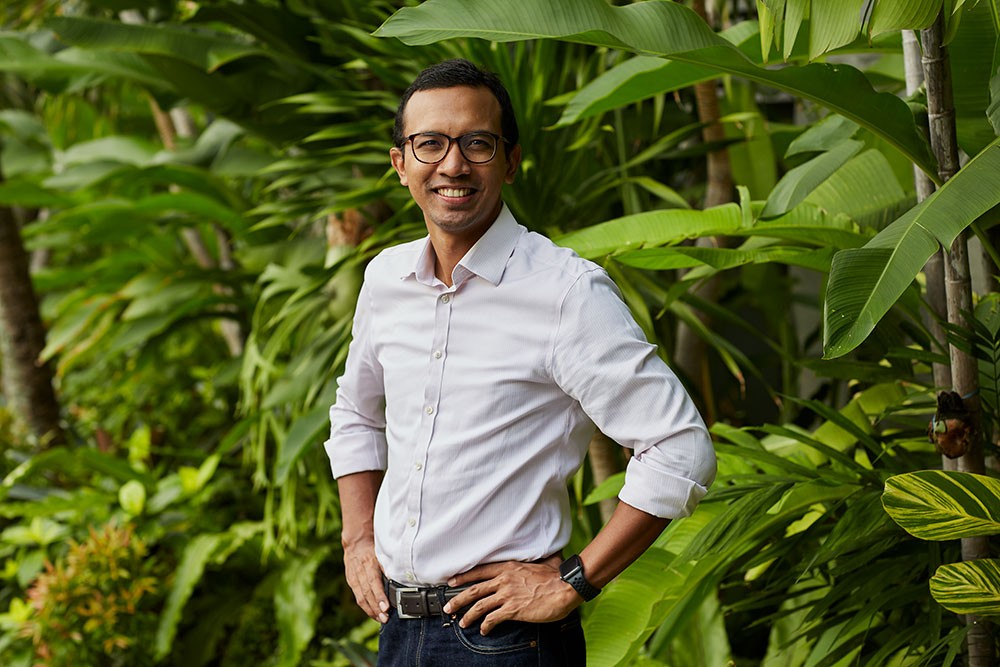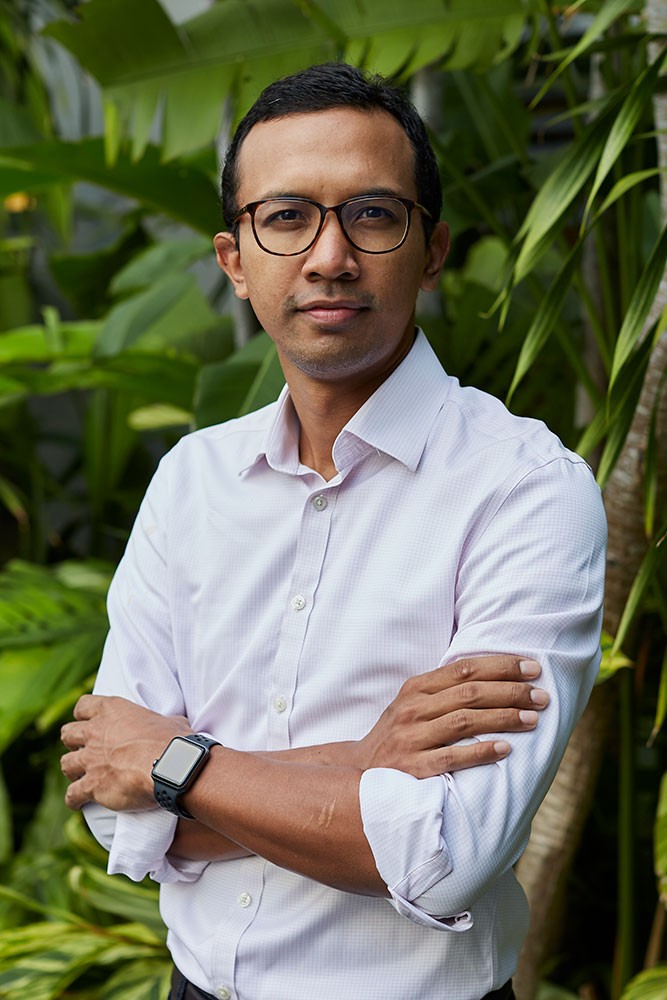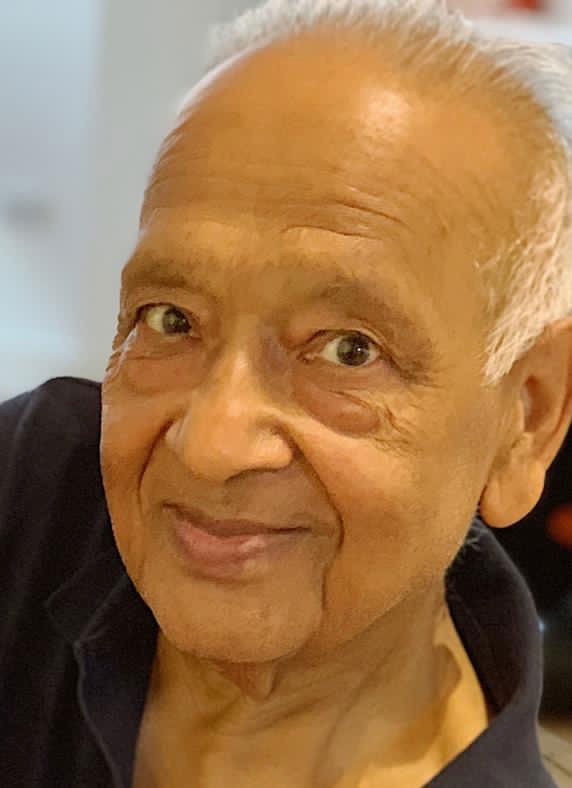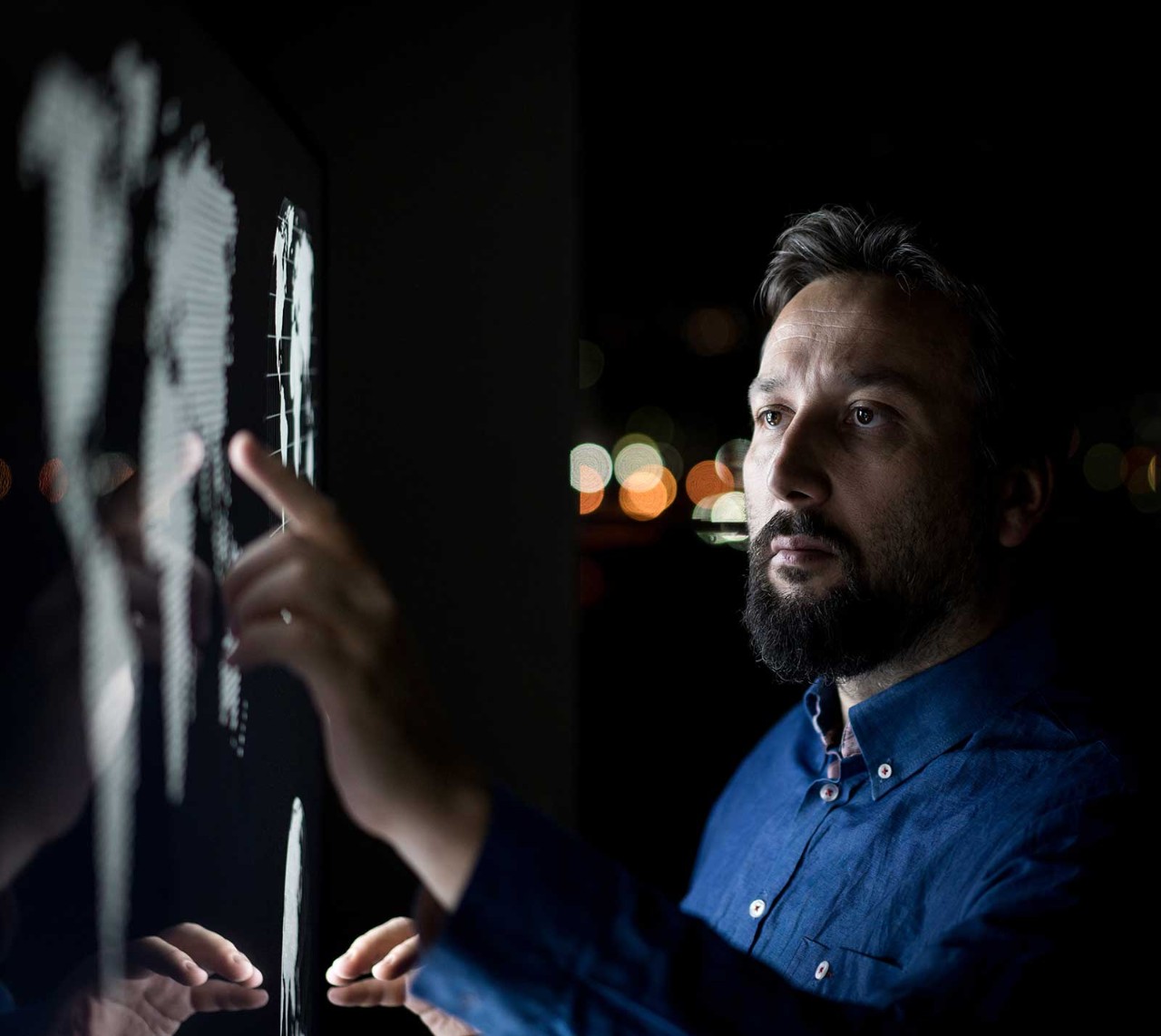
Yoga Prawita relishes a deep sense of achievement and fulfilment from every merger and acquisition (M&A) deal he conceives and brings to fruition. The 36-year-old M&A lead adviser director at EY Indonesia says that seeing companies he’s advised grow and expand brings immense job satisfaction, especially given the time, energy and dedication spent in planning, strategising and executing each deal.
He points to one of his more recent deals, the strategic alliance between homegrown Indonesian company Reycom Document Solusi Group (RDS) and Japan-based Toppan Forms as an example. Founded in 2003, RDS, an outsourcing solutions and documentation management business, was looking to expand across the region. ‘I sat with the founders to strategise the company’s growth plan, and found a partner to support that growth,’ he says, adding that Toppan Forms, a digital information management company, was at the time expanding in South-East Asia.
As a result of this new alliance and investment, RDS has expanded into Malaysia, Singapore and Vietnam. ‘I do feel that I am part of their growth story,’ he says. ‘The impact of their growth is very real and very tangible… it supports the economy, so I feel I’ve done something to impact the economy, and that excites me.’
EY Indonesia
EY is one of the largest professional service companies in Indonesia, with around 2,200 people in Jakarta and Surabaya. The EY Indonesia strategy and transactions team has around 150 people offering tailored services in transaction process, strategy building and capital market activities.
We’re all working from home, so when you’re doing a deal it’s like getting married over the internet
Exposure to the world of M&A began early in his finance and accounting career. While at Deloitte in Amsterdam, the economics graduate was a member of the team that worked on the 2007 takeover of ABN-Amro by a consortium of Royal Bank of Scotland, Spain’s Banco Santander, and Belgian-Dutch bank Fortis. After six years with Deloitte in the Netherlands, he moved to the firm’s London office, where he focused on the banking and capital market sectors.
After almost a decade in Europe, his wife landed a job at Bukalapak, a unicorn and one of the largest e-commerce companies in Indonesia. ‘So we decided that it was time to return to Indonesia and to be closer to the family.’
He joined EY Indonesia in January 2017, advising clients, primarily in the banking, fintech and healthcare sectors on divestments and acquisitions. ‘In the case of healthcare, this is a sector that has been historically underinvested, which the ongoing Covid-19 pandemic has brought under the spotlight. The Ministry of Health is allocating huge amounts to the sector, and it’s gotten a lot of traction as well from investors,’ he says.
It’s important to create trust and enable open communication and transparency

CV
Yoga Prawita is a director and M&A lead adviser at EY Indonesia, focusing on M&A deals strategy, and commercial due diligence projects in ASEAN. He spent nine years in London and Amsterdam, advising on M&A transactions, valuations and strategy projects in the banking and capital market space. And he has been involved in many fundraising processes in the startup and health-tech areas in Indonesia.
Similarly, the government’s push to consolidate the banking sector is expected to spur more M&A deals. ‘We have more than 100 banks, and that’s too many to manage the systemic risk in the country, so the view of the regulators is to reduce the number,’ he says, pointing to the sale of Rabobank to Bank Central Asia (which he was involved in) as one such deal.
Sniffing out deals
Indonesia has been a key destination for private equity investment and has high M&A potential. Although the pace of M&A transactions has slowed since the onset of the pandemic, he says there has been an improvement. ‘And it looks set to continue thanks to the consolidation of banks, the pace of digitalisation and Indonesia’s consumption-driven economy.’
So how does he sniff out these potential M&A deals? He credits his successes largely to his experience in Europe. ‘I bring that global mindset exposure to emerging markets, in Indonesia and South-East Asia,’ he says, adding that having done crossborder deals in the region is another plus, especially in terms of building his credentials and network of investors.
‘As you do more deals, you meet and keep in touch with investors – for example, private equity companies based in the region or in Japan, Europe and the US. I share insights on trends in the banking, healthcare and fintech sectors, and I help them find the right targets and close deals.’
He concedes that the pandemic and the restrictions imposed to stem its spread has had an effect. ‘Deals are taking longer and it’s more difficult to do them,’ he says. ‘We’re all working from home, so when you’re doing a deal it’s like getting married over the internet. M&As can’t be fully replicated by robots or automation. You need to build that chemistry and meet potential investors and partners, and it’s very difficult to do all of this virtually… so the pandemic has set the scene in terms of what to expect in the coming years.’
Yet the stakes remain high in any M&A deal, especially given the number of stakeholders involved. ‘You need to manage multiple stakeholder expectations, whether it’s from the business, investment, regulatory, legal, tax advisory, public or employee angle,’ he says, adding that proper planning and the right team are key to putting together a successful deal.
‘When you’re structuring a deal, you need to understand and map out all the different stakeholders’ expectations, interests and priorities. Laying out a good plan that includes milestones and targets, setting out the expectations of stakeholders and the tax and legal implications, and then communicating all of that to the advisers, lawyers and regulators is key. It’s important to create trust and enable open communication and transparency,’ he says.
Being a member of ACCA has been a plus. He points out that in M&A it is essential to know the A-to-Z of a deal, including a company’s entire business operation. ‘The ACCA Qualification has provided a good set of foundational knowledge, not just in accounting but in areas like finance, business law and tax.’
He hopes to use his experience to inspire and excite the next generation of finance and accounting professionals. ‘I’ve attended a few ACCA events such as webinars and student engagements, and I hope to do more because I think that students, for example, just need the right exposure to realise their potential.’





